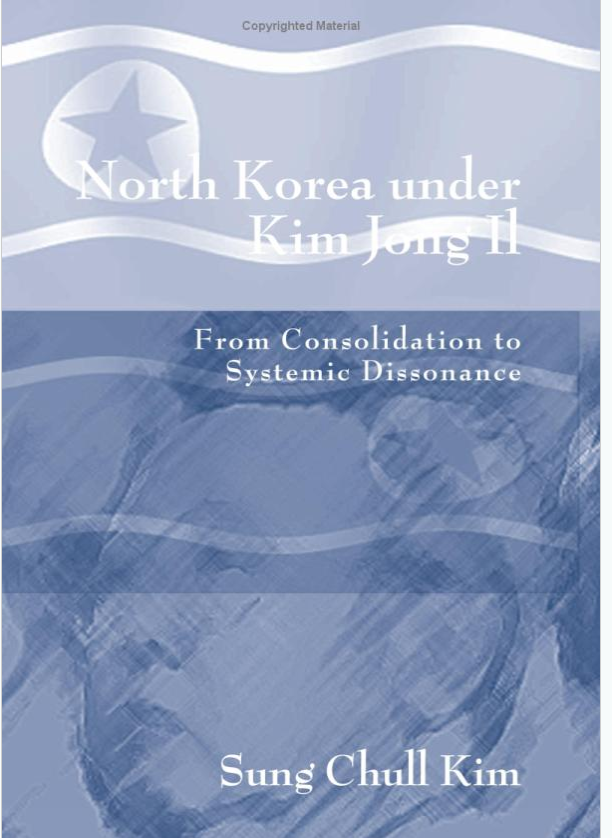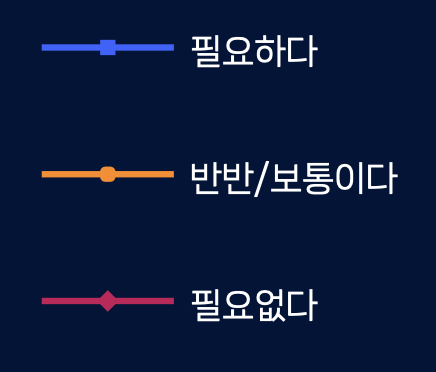North Korea Under Kim Jong Il: From Consolidation to Systemic Dissonance

Summary
North Korea has long been a country of mystique, both provoking two nuclear crises and receiving aid from the international community and South Korea in more recent times. North Korea under Kim Jong Il examines how internal changes in North Korea since the early 1970s have structured that nation’s apparently provocative nuclear diplomacy and recent economic reform measures. To understand these changes, author Sung Chull Kim uncovers relatively unknown internal aspects of the country under Kim Jong Il’s leadership. His account, based on a thorough examination of primary sources, traces the origins, consolidation, and dissonance of North Korea’s systemic identity. He reveals how official and unofficial developments in the domains of North Korea’s politics, ideology, economics, and intellectual-cultural affairs have brought about system-wide duality, particularly between socialist principles embedded in the official ideology and economic institutions.
About the Author
Sung Chull Kim is Associate Professor of Northeast Asian Studies at the Hiroshima Peace Institute in Japan
Kim Sung Chull, North Korea Under Kim Jong Il: From Consolidation to Systemic Dissonance (Albany: State University of New York Press, 2006)
Publication Date: October, 5, 2006
Files


















